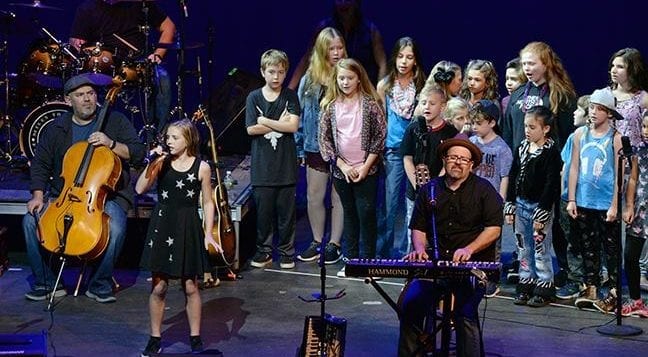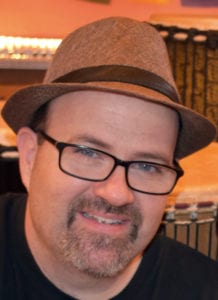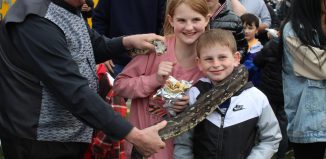Your Turn: Using music as a healing tool

By Jack Licitra

Music is something to be enjoyed. It entertains us, excites us, soothes us.
But is it possible that music can change our bodies and our minds? And what if the physical act of making music – the way we move our hands and our bodies, while we play – transforms consciousness?
I believe it’s possible to shift the intention of music from just entertainment to something more meaningful. And the way we do this is: not just play music, or hear music, but use the music. Use it for healing. And in using music, you are using your own self as the instrument.
As a Reiki practitioner, I’ve seen how hand movements and symbols generate healing energy. And that poses the question: do musical patterns and rhythms and tempo and duration affect brain waves and heart rate? If these things do affect us in beneficial ways, maybe we can apply them specifically to helping people.
In 2004 I was working at the Long Island State Veterans Home dementia unit in the evenings, playing music for older folks. It was hard to keep them engaged for long periods of time because of their impairments. Then I began to bring a tambourine. I was astonished to see that when I held a steady rhythm, our sessions went from 15 minutes to sometimes more than an hour.
I already was aware that songs from their youth would elicit emotional responses, like singing along, dancing or even crying, but I was surprised to discover that rhythm could transform their consciousness.
Fast forward to a few years ago. I was burned-out, exhausted and worried about generating enough income to support my family. So I was happy to be invited to play at an outdoor arts festival in Ithaca, even though it was many hours from my hometown of Garden City. But when I got there, I found that a rainstorm had damaged the fairgrounds, and attendance was dismal. I was playing to an empty field, basically.
A drumming group was scheduled to play after me. As they showed up for their set, I invited them to jam with me. By the time their teacher arrived – a master drummer from Ghana – a small crowd had gathered and the rhythms were getting very intense. There was a moment when I noticed my hand was unconsciously strumming a pattern on the guitar. It was something I had never played before. Well, when I left there, I felt like my heart had been opened and refreshed. The music healed me.
To use music in this healing way, we take familiar melodies, rhythms and chord progressions and shift the intention to have a transformative impact. It may sound familiar to one’s ears, but because of the new way you’re cooking the ingredients, the impact is different.
I am fascinated by the kora (a traditional West African stringed instrument) and also Carnatic, or classical Indian, music. How do they affect the systems of the human body? It’s worth exploring.
We can make a shared community consciousness, when we use these musical healing tools together.
Jack Licitra is a Sayville-based singer/songwriter/keyboardist and guitarist; music educator; founder of the music-teaching studio South Bay Arts in Bayport; and is available for musical programs at schools, libraries and other facilities. Join the musician at Emma S. Clark Memorial Library, 120 Main St., Setauket on Aug. 15 for a free outdoor family concert titled World of Stories: Pop Songs from 6:30 to 7:30 p.m. No registration required.






